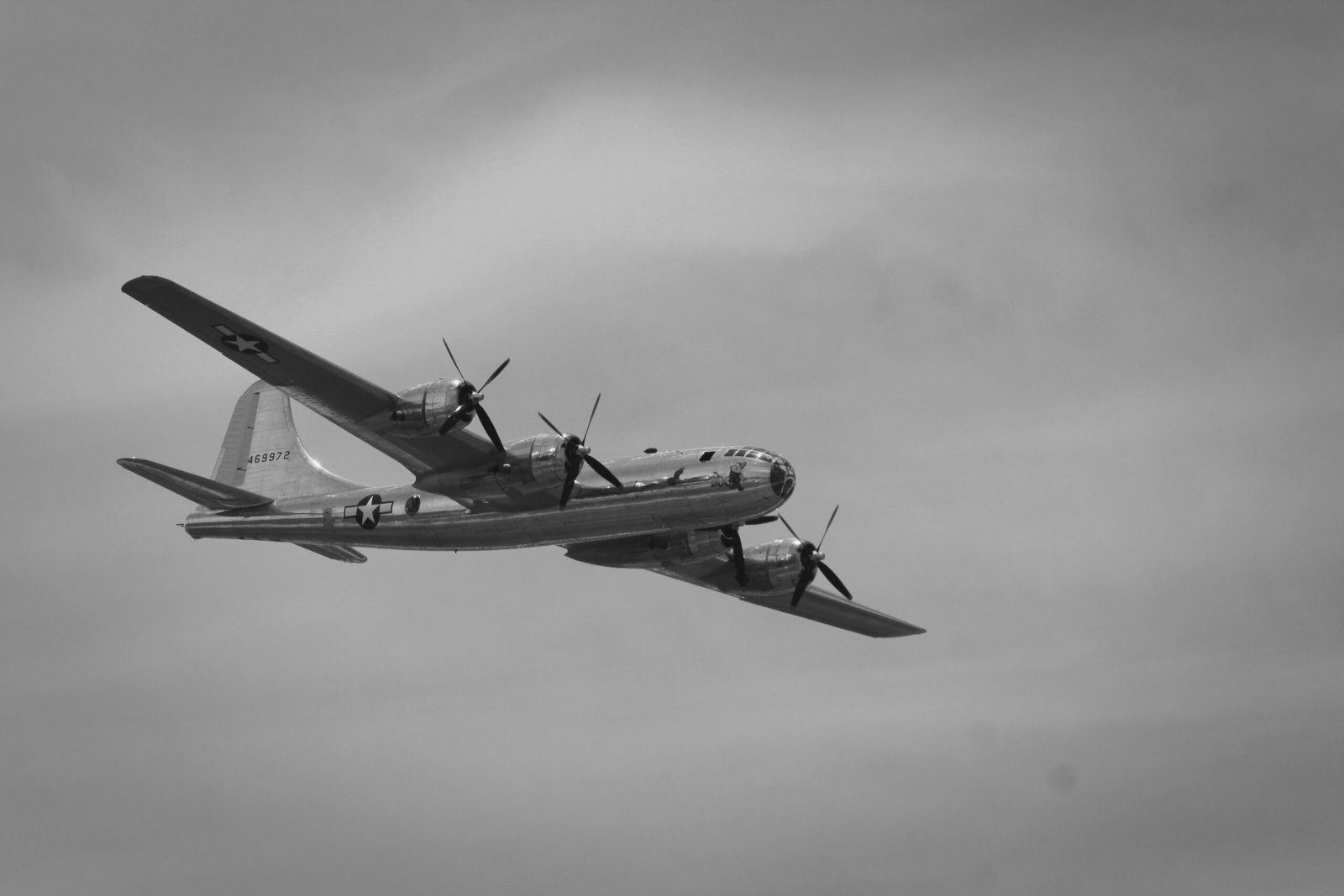The Liberation of Dachau and the Italian Surrender: A Pivotal Day in World War II
April 29, 1945, stands as a pivotal day during World War II, as it marked the official surrender of German forces in Italy to the Allies and the liberation of Dachau concentration camp in southern Germany. This day not only led to the liberation of Italy from the Axis powers but also exposed the world to the horrifying atrocities committed within the Nazi concentration camps, particularly Dachau.
The Surrender of German Forces in Italy
The surrender of German forces in Italy on April 29, 1945, was a significant turning point in the war. It marked the end of the Axis occupation in Italy and paved the way for the country’s liberation. The Italian campaign had been a long and arduous one, with the Allies fighting to push back the German forces and liberate Italy from fascist rule.
The surrender came after a series of intense battles and strategic maneuvers by the Allied forces, which included troops from the United States, the United Kingdom, and other nations. The German forces, facing mounting pressure and dwindling resources, ultimately capitulated, leading to the liberation of Italy.
This event not only had a profound impact on the outcome of the war but also brought hope and relief to the Italian people who had endured years of fascist oppression.
The Liberation of Dachau: Unveiling the Horrors of the Holocaust
On the same day as the surrender in Italy, American troops achieved another significant milestone by liberating Dachau concentration camp. Dachau was one of the first established Nazi concentration camps and served as a prototype for the network of camps that would follow.
The liberation of Dachau was a horrifying revelation to the world, exposing the extent of the atrocities committed by the Nazis. The camp had been a site of unimaginable suffering, with prisoners subjected to torture, medical experiments, and mass killings. The liberation of Dachau shed light on the Holocaust and the systematic genocide of millions of innocent people.
The evidence of the atrocities committed within Dachau was overwhelming. The liberating troops discovered mass graves, crematoriums, and emaciated survivors who had been subjected to unspeakable horrors. The images and accounts from Dachau shocked the world and served as a stark reminder of the evil that had been allowed to flourish under Nazi rule.
Significance and Legacy
The events of April 29, 1945, had profound implications for the outcome of World War II and the post-war world. The surrender of German forces in Italy marked a major step towards the ultimate defeat of the Axis powers and the liberation of Europe from Nazi tyranny.
The liberation of Dachau, on the other hand, had a lasting impact on the collective memory of the Holocaust. It served as a wake-up call to the world, forcing people to confront the horrors of the Nazi regime and the need to ensure that such atrocities would never be repeated.
Today, the liberation of Dachau and the surrender of German forces in Italy are remembered as important milestones in the fight against fascism and the preservation of human rights. They serve as a reminder of the importance of standing up against oppression and tyranny, and the need to learn from the past to build a better future.
For more information on the events of April 29, 1945, and their historical significance, you can refer to the following external references:
- History.com – Battle of Italy
- United States Holocaust Memorial Museum – Dachau
- Britannica – World War II: The Italian Front
April 29, 1945, will forever be remembered as a day of liberation and revelation, a day that brought hope and exposed the darkest depths of human cruelty. It serves as a reminder of the importance of remembrance and the ongoing struggle for peace and justice.

